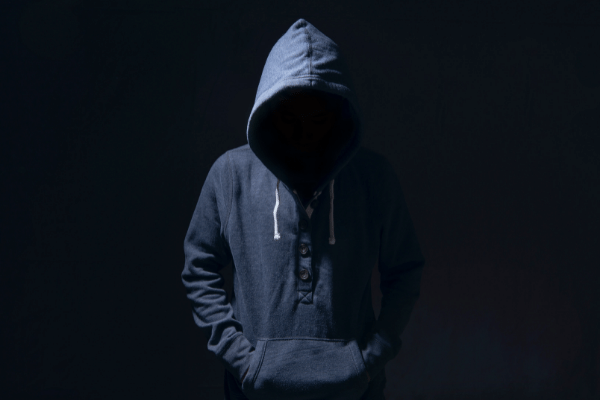The LaunchZone community was left reeling after news broke that their beloved DeFi protocol had fallen victim to a massive hack, resulting in a loss of $700,000 worth of funds. The exploit, shrouded in mystery, saw more than 80% of the liquidity pool drained within hours. Panic ensued, and the value of the native token LaunchZone (LZ) plummeted by over 80%, media repots said.
As the community frantically tried to understand what had happened, the project’s official Telegram group urged caution, advising users not to buy tokens until more information had been gathered. The team claimed that an attacker had carried out the exploit using a DND vulnerability, and that they were working to resolve the situation.
But for many, the damage had already been done. The loss of such a significant amount of funds was a devastating blow, and the future of the LaunchZone project suddenly looked uncertain. The team had built a loyal following of over 44,000 members on Telegram and 275,000 followers on Twitter, but their reputation was now on the line.
As news of the hack spread, the wider crypto community was again reminded of the risks involved in DeFi protocols. The BNB Chain ecosystem, in particular, has been a frequent target of attacks, with hackers exploiting vulnerabilities to steal millions of dollars in funds.
But despite the risks, DeFi continues attracting investors looking to capitalize on the potential for higher returns. With billions of dollars locked in various protocols across the space, the stakes are high, and the pressure on developers to ensure the security of their platforms is intense.
For LaunchZone, the road ahead will be challenging. Rebuilding trust with their community will be a top priority, as will ensuring that the vulnerabilities that led to the exploit are addressed. The team will need to work tirelessly to regain their users’ confidence and restore their token’s value. But as history has shown, the crypto world is nothing if not resilient, and anything is possible with determination and hard work.



